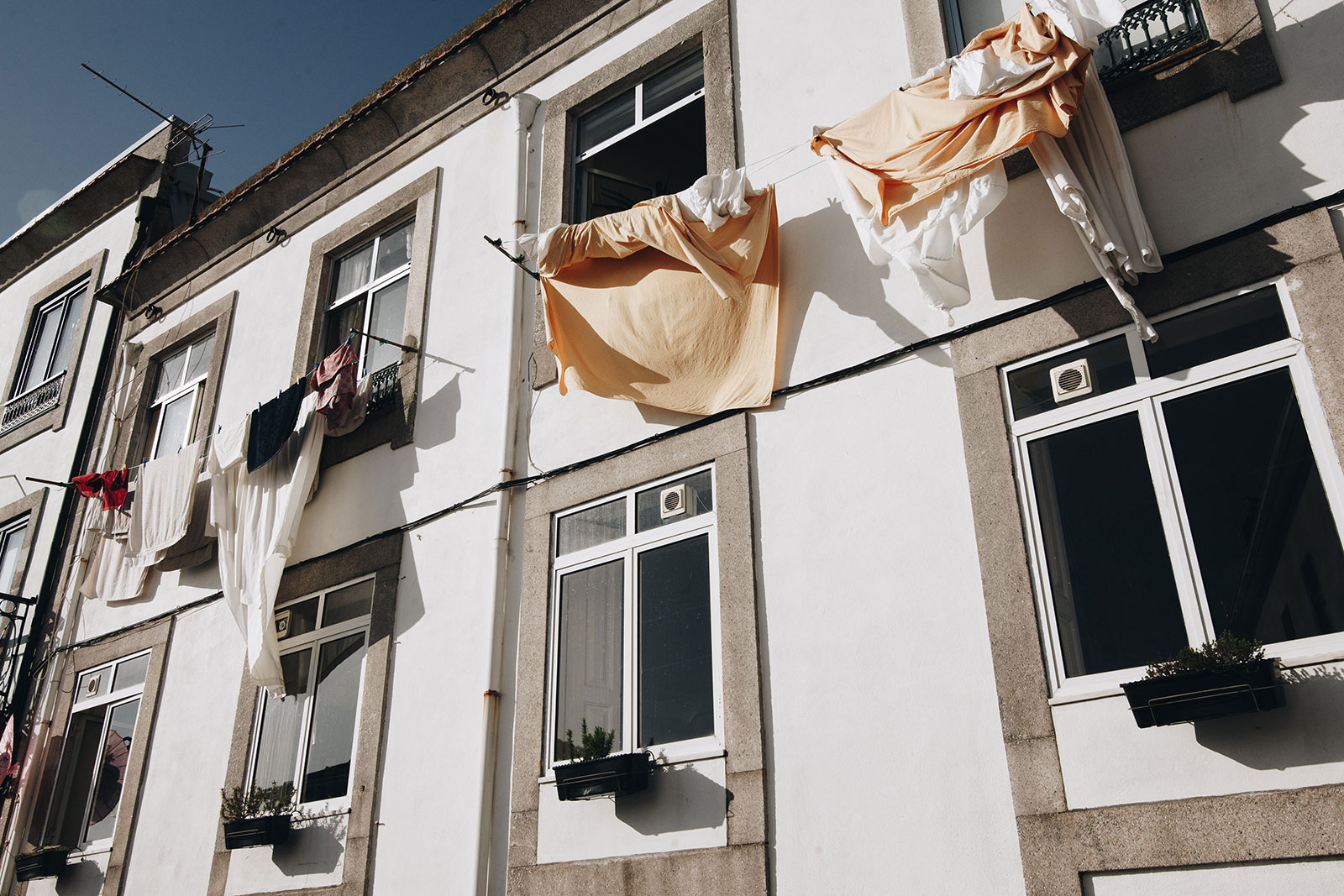Zack Johnson hadn’t seen or spoken to his grandmother in over five years—until one day, sifting through archival footage for his new movie, he came across an interview she gave for a deposition three days before her death. “I remember sitting there [and] hearing her voice for the first time in a long while; [it] was very, very hard,” says Johnson, who was very close to his grandmother before her death in 2012.
It was this love for his grandmother that inspired him to create “Dirty Laundry,” penned “the asbestos movie” by its creators, with his cousin Conor B. Lewis and friend Bryan Lemon. Johnson’s grandmother passed away from the rare, painful, and aggressive cancer mesothelioma. A stay-at-home mother, Iva Lewis was exposed to asbestos nearly every day—not by working a blue-collar job, but from doing the laundry, washing her husband’s work clothes.
Stories like this were ones they knew they needed to tell: Fathers who put in a good day’s work at the factory, slowly poisoning themselves with asbestos; families who lived near asbestos dumping grounds without being alerted of the potential risks; loved ones who had to witness their families slowly suffocating from the effects of this painful and incurable cancer.
Until “Dirty Laundry,” there wasn’t much information available to the mainstream about mesothelioma and the tragic deaths of those who were unknowingly exposed to the deadly carcinogen. “We really saw a need in the world, because when [my grandmother] passed away, we didn’t think anything of it,” begins Johnson. “It wasn’t until a few years later, and we passively asked a few questions [that] we found out more about meso and asbestos, and [thought], ‘Wait, this is a pretty big deal, why don’t people know about it?’”
“Dirty Laundry” exposes the government cover-ups and lack of communication and safety measures to protect workers regularly working with asbestos—people like Johnson’s grandfather, who worked as an insulator at Shell Oil.
“Dirty Laundry” is as fascinating as it is informative. This can be attributed to the way Johnson and his team prepared for and filmed the movie. Johnson and Lewis decided to cross the country by bike, from Oregon to New York City, to gather interviews from families affected by asbestos, many of them living in small towns situated near toxic asbestos dumping grounds. The trip took 78 days and covered more than 4,000 miles.
Originally, Johnson and his team intended for the cross-country ride to connect the personal and physical suffering of those living with mesothelioma, but after a few days, this idea dissolved. “No matter how big the mountain is that we’re climbing, no matter how hard it was, how hot it was, how tired we were, we always knew that the top of the mountain was coming, and all of the pain was going to be over soon.” For people with mesothelioma, Johnson realized, the suffering doesn’t go away.
This is clear in the footage gathered by Johnson and Lewis. The two visit with surviving family members who talk of their loved one’s meaningless deaths; they stop by Ambler, Pennsylvania, to visit an asbestos dumping ground, but find a construction sign—a massive condominium building is about to go up, capable of housing 115 families, with little signage about the dangers of exposure right outside their front door. But the most poignant footage is of interviews with survivors currently living with mesothelioma. One woman, Julie Gundlach of St. Louis, Missouri, has been living with mesothelioma for 10 years. She was just 45 years old at the time of filming. Another man, Mike Mattmuller of Westminster, Maryland, was diagnosed five years prior. We see him enjoying time with his family—his wife and their one-year-old son—and speaking about his fear for the future.
These are stories few have heard before. “All these stories have the same arch, but they’re all very different,” Johnson says. Like Johnson, audiences are able to learn something truly worthy from watching “Dirty Laundry.” “I learned a lot about the human spirit,” Johnson begins. Cancer hits at random, often viciously, but with resources like “Dirty Laundry,” no one has to feel alone during their fight. “We wanted to make something that was, in a way, entertaining, heartfelt, and related to the people, the individuals who suffer, and their families,” says Johnson. “We saw that need and decided, hey, let’s give it a shot.”







